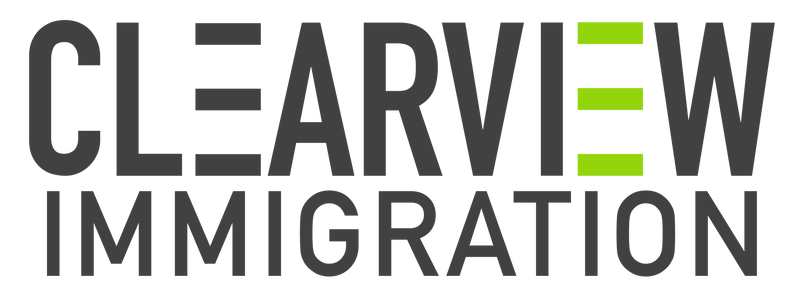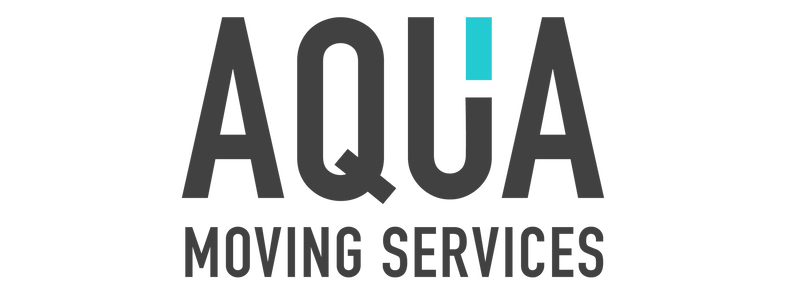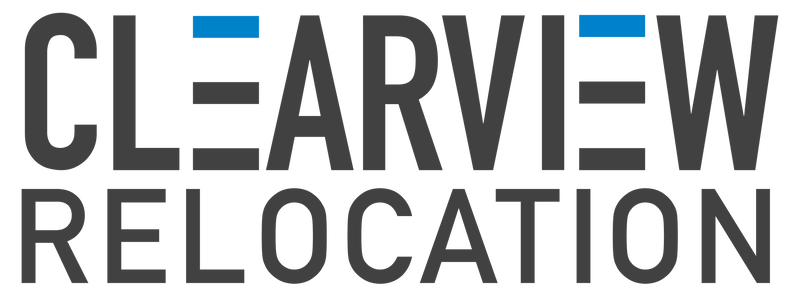Moving to a new country is an exciting adventure, but it also comes with its fair share of challenges. One crucial aspect that often requires careful planning is healthcare and medical services. As you prepare to immigrate to the United Kingdom (UK), understanding the healthcare system and knowing how to access medical care is essential for a smooth transition. In this comprehensive guide, we’ll cover everything you need to know about navigating health and medical services when moving abroad.
Understanding the UK Healthcare System
The UK has a publicly funded healthcare system known as the National Health Service (NHS). Here are some key points to keep in mind:
NHS Services: The NHS provides a wide range of medical services, including general practitioners (GPs), hospitals, emergency care, and specialist treatments.
Registration: As a new immigrant, you’ll need to register with a local GP practice. This will be your primary point of contact for non-emergency healthcare.
Access to Care: Most NHS services are free at the point of use, but some treatments may require additional charges or prescriptions.
Emergency Care: In case of emergencies, dial 999 for immediate assistance.
Health Insurance and Coverage
While the NHS covers most healthcare needs, it’s essential to consider additional health insurance options:
Private Health Insurance: Some expats choose to purchase private health insurance for faster access to specialists, elective treatments, and additional services.
Travel Insurance: If you’re planning short-term stays or frequent travel, consider travel insurance that covers medical emergencies.
Family Health Services
When moving with family, their health and well-being are equally important. Here’s what you need to know:
Child Health: The NHS provides routine vaccinations, health checks, and paediatric services for children.
Maternity Care: Pregnant women can access antenatal care through the NHS. Midwives and obstetricians will guide you through pregnancy and childbirth.
Family Planning: Contraception services are available, including contraceptive advice and prescriptions.
Dental Care: Dental services are separate from the NHS. Register with a local dentist for routine check-ups and treatments.
Language and Cultural Considerations
Language: Familiarise yourself with medical terminology in English. If English isn’t your first language, consider language courses to improve communication with healthcare providers.
Cultural Awareness: Understand cultural differences in healthcare practices. Be open to learning and adapting to the UK’s healthcare norms.
Emergency Preparedness
Emergency Contacts: Save emergency numbers on your phone.
999: emergency services Police and Ambulance
111 for the NHS emergency line: https://111.nhs.uk/
Medical Records: Carry essential medical records, including allergies, medications, and existing conditions.
Registering with a GP
Find a Local GP: Research nearby GP practices. Visit their websites or contact them to understand their registration process.
Required Documents: Bring identification, proof of address, and immigration status documents when registering.
Moving abroad involves more than just packing your bags; it’s about embracing a new lifestyle. By understanding the UK healthcare system, securing health insurance, and prioritising family health, you’ll be better prepared to navigate medical care when you arrive. Remember that seeking professional advice and staying informed are key to a successful transition. Welcome to the UK and may your health journey be as smooth as your relocation!
If you need expert assistance with your move, including navigating the healthcare system, contact Clearview Relocation today. Our team is here to support you every step of the way.
Contact Clearview Relocation today:
Visit our website: Clearview Relocation
Phone: 01635 239041



